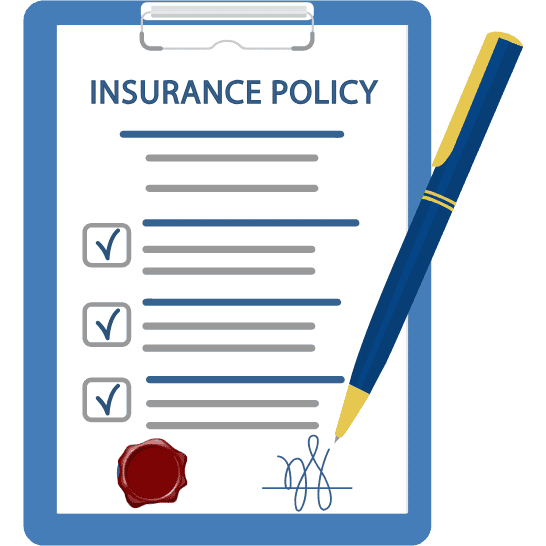Can CIBIL Defaulter Get A Loan?

When it comes to securing a loan, your credit score plays a crucial role. A high credit score indicates financial responsibility, making it easier to get loan approvals with favorable interest rates. On the other hand, a low credit score or a history of defaults can make the borrowing process significantly more challenging. But does this mean that a CIBIL defaulter can never get a loan? The answer is more nuanced than a simple yes or no. A CIBIL defaulter is someone who has failed to repay loans or credit card bills on time, resulting in a low CIBIL score. While the term "CIBIL defaulter" is commonly used, it's important to note that CIBIL (Credit Information Bureau (India) Limited) does not maintain a blacklist. Instead, it provides a credit score based on an individual’s borrowing history, payment behavior, credit utilization, and other financial habits. A poor score indicates a high credit risk, making lenders hesitant to approve loans. A low credit score due to defaults can have several implications: Despite these challenges, it is still possible for CIBIL defaulters to obtain a loan. Here are some ways to increase the chances of loan approval: Secured loans, such as loans against fixed deposits, gold, property, or other collateral, are easier to obtain since lenders have a security asset to fall back on in case of default. These loans generally come with lower interest rates and more lenient eligibility criteria. Applying for a loan with a co-applicant or having a guarantor with a strong credit score can improve approval chances. The lender takes the financial credibility of both parties into account, reducing risk. Non-Banking Financial Companies (NBFCs) and private lenders often have more relaxed eligibility criteria compared to banks. While they may approve loans for individuals with low CIBIL scores, the interest rates might be significantly higher. P2P lending platforms connect borrowers directly with individual lenders willing to offer loans. These platforms may be more flexible in considering applications from those with poor credit histories. Some lenders provide loans based on salary or employment status rather than CIBIL scores. Having a stable job with a consistent income increases the likelihood of loan approval. If obtaining a loan is not urgent, it is wise to focus on improving your credit score before applying. Strategies include: Before applying for a loan, obtain a copy of your credit report. Look for any inaccuracies or outdated information that may be negatively impacting your score. If you find any errors, raise a dispute with the credit bureau to get them corrected. Clearing past dues or negotiating a settlement with lenders can help improve your credit profile. While settlements may still impact your score, they are better than having unpaid defaults. Having a mix of secured and unsecured loans and repaying them on time reflects responsible credit behavior and can help gradually improve your score. Multiple loan inquiries within a short span indicate financial distress, further lowering your credit score. Apply for loans only when necessary and after improving your financial standing. Lenders are more likely to approve a loan if you can prove steady income through salary slips, tax returns, or a strong business turnover. If obtaining a traditional loan is difficult, consider alternative solutions: Being a CIBIL defaulter does not mean that getting a loan is impossible. While traditional lenders may be hesitant, various alternatives exist. Secured loans, NBFCs, P2P lending, and co-applicant strategies can improve approval chances. Additionally, taking steps to improve your credit score will open up more favorable financial opportunities in the future.Understanding CIBIL Defaults
Impact of Low CIBIL Score on Loan Eligibility
Loan Options Available for CIBIL Defaulters
1. Secured Loans
2. Co-Applicant or Guarantor
3. NBFCs and Private Lenders
4. Peer-to-Peer (P2P) Lending
5. Salary-Linked Loans
6. Improve Credit Score Before Applying
Steps to Improve Loan Approval Chances
1. Check Your Credit Report
2. Pay Off Outstanding Debts
3. Maintain a Healthy Credit Mix
4. Avoid Frequent Loan Applications
5. Demonstrate Financial Stability
Alternative Financial Solutions
Final Thoughts

